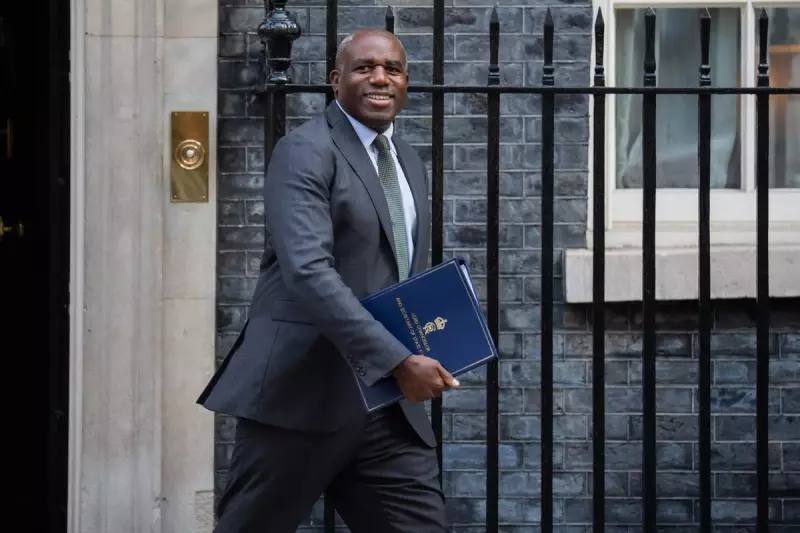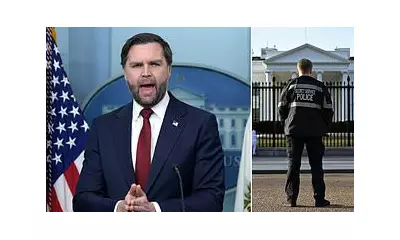
Shadow Foreign Secretary David Lammy has found himself at the centre of a political firestorm, drawing scathing criticism from former Conservative Home Secretary Priti Patel over his stance on the Israel-Hamas conflict.
The bitter exchange has exposed the deep political divisions within Westminster regarding the UK's response to the ongoing crisis in the Middle East, creating significant challenges for Labour leader Sir Keir Starmer as he attempts to maintain party unity.
A War of Words Erupts
The controversy ignited when Mr Lammy called for a "ceasefire and humanitarian pause" in the conflict, a position that former Cabinet minister Ms Patel described as "completely irresponsible" and demonstrating a "lack of moral clarity".
In her sharp rebuke, Patel accused the shadow cabinet minister of failing to adequately condemn Hamas's actions, stating his approach would "embolden the terrorists" responsible for the October 7th attacks on Israel.
Starmer's Leadership Tested
The public clash places Sir Keir Starmer in a precarious position as he navigates the Labour Party's official stance on the conflict. With backbench MPs expressing concerns about civilian casualties in Gaza, the Labour leader faces mounting pressure to clarify the party's position while maintaining diplomatic coherence.
This internal tension reflects the broader challenge facing Western governments in responding to the complex geopolitical situation, balancing support for Israel's right to self-defence with growing humanitarian concerns in Gaza.
Broader Political Implications
The very public disagreement highlights how foreign policy, particularly regarding the Middle East, continues to be a deeply divisive issue in British politics. The exchange between senior figures from both major parties suggests the Israel-Palestine conflict will remain a contentious topic as the country moves closer to a general election.
Political analysts suggest that how parties navigate this sensitive issue could have significant implications for their support among various demographic groups, particularly in constituencies with substantial Muslim or Jewish communities.
As the conflict continues to dominate international headlines, the pressure on UK political leaders to articulate clear, consistent, and morally defensible positions will only intensify, making this dispute likely the first of many difficult conversations to come.





